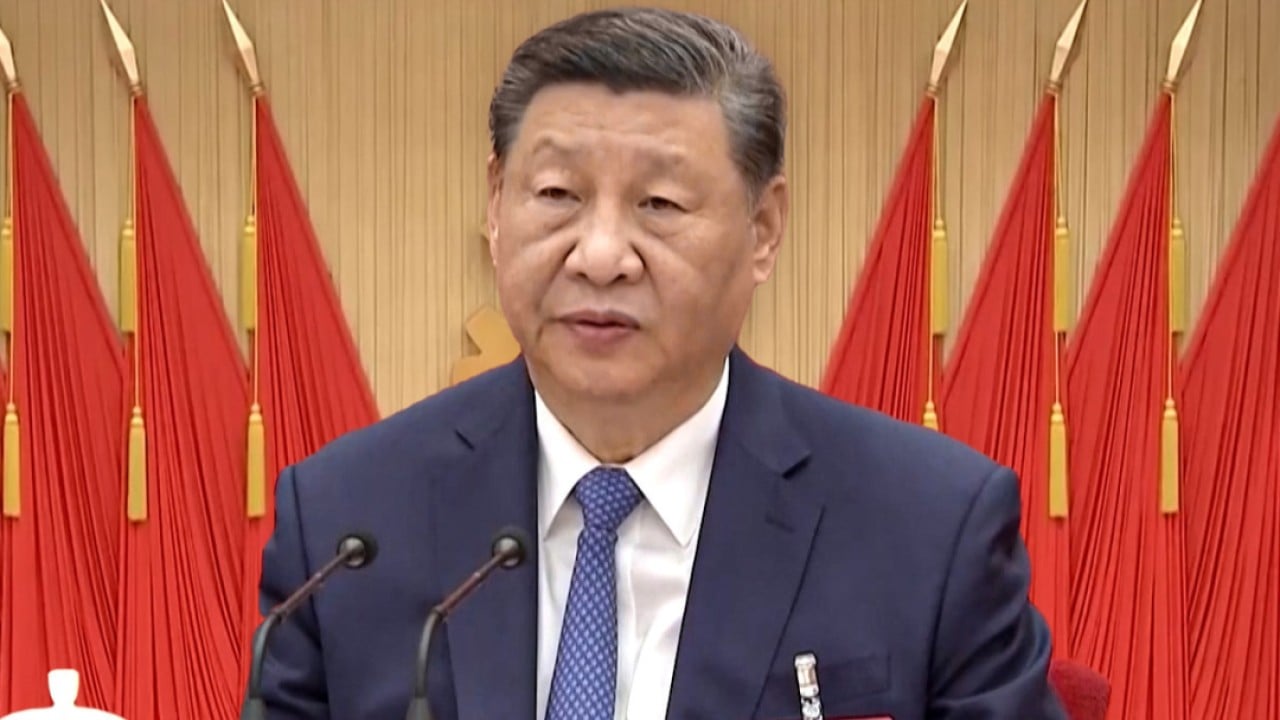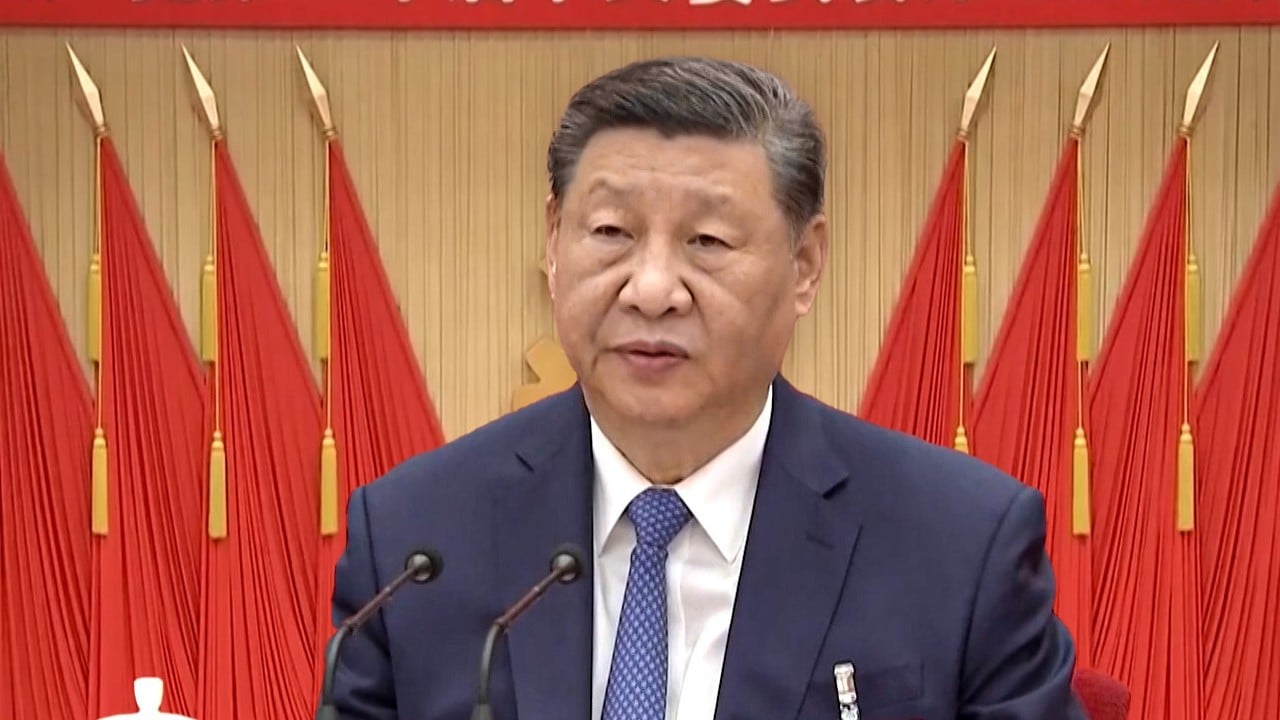The leadership of China’s Communist Party has called to enact a law against cross-border bribery – a long-standing issue that the party has aimed to address in its anti-corruption campaign.
The third plenary session of the party’s Central Committee “clearly laid down some important legislative tasks” in its yet-to-be-released decision document, including enacting the Law on Countering Transnational Corruption, according to Shen Chunyao, the director of the Legislative Affairs Commission of the National People Congress Standing Committee.
Shen, also a Central Committee member, said on Friday that “new legislation and regulations required to deepen reform should be formulated in a timely manner”.
He did not give further details or plans for the legislation.
Shen made the comments during a briefing a day after the party’s top policymaking body concluded its long-delayed third plenum, during which the party’s anti-corruption fight was highlighted.
A full document with more policy details will be released in the coming days.
While China has expanded its sweeping anti-corruption campaign within its borders, legal loopholes have made it difficult for Beijing to pursue fugitive corrupt officials and economic criminals overseas.
China’s projects overseas have multiplied as it expands its Belt and Road Initiative, increasing the need for tools to fight transnational corruption. China’s anti-corruption watchdog pledged earlier this year that corruption related to the global infrastructure plan would be among its annual priorities.
Beijing has faced difficulties in repatriating fugitives from countries that do not have an extradition treaty with China, including the US, a common destination for fleeing Chinese nationals.
One recent example is the case of Xu Jin, a former official who is wanted in China on suspicion of bribery and abuse of power. He was one of thousands pursued as part of “Operation Fox Hunt”, Beijing’s massive campaign to chase down fugitives abroad since 2015.
After fleeing to the United States, Xu found himself at the centre of a US federal court case. Last year, two Chinese nationals and a private investigator were found guilty of stalking Xu’s family in New Jersey on behalf of the Chinese government.
Additionally, there have been few convictions in China for bribery of foreign public officials and officials from international organisations because of a lack of judicial guidance for indictment.
These issues are expected to be addressed in the Law on Countering Transnational Corruption, first mentioned last year in the NPC Standing Committee’s five-year legislative plan.
It was classified as “category one” legislation, defined as laws planned for submission for deliberation during the term and for which the “conditions are relatively mature”. But it has yet to be discussed.
Beijing has doubled down on its message of fighting corruption this week.
Tang Fangyu, deputy head of the party’s Central Committee Policy Research Office, said on Friday that improving party discipline was a “key aspect” to deepening party leadership and structural reform.
While in the West the word “reform” typically implies liberalisation, in China it means improving governance and increasing efficiency.
Tang said the Central Committee had pledged to “deepen the building of a clean and honest party and the fight against corruption” by “improving the mechanism for concrete, precise and regularised political supervision”.
The meeting “emphasised improving the supervision system of both the party and the state”, he said.
The committee will “redouble efforts to improve party conduct, build integrity, fight corruption and make solid strides in carrying out discipline inspections”, according to a communique published on Thursday.
China has increasingly emphasised strengthening legal backing in areas related to foreign affairs in recent years as it increases multinational engagement while facing sanctions, trade restrictions, and territorial disputes.
This week’s high-level party meeting stressed “deepening reforms in legislation” and “strengthening the rule of law in foreign-related affairs”.
It also pledged to improve the national security system, including the “mechanisms for ensuring national security in foreign-related affairs”.



